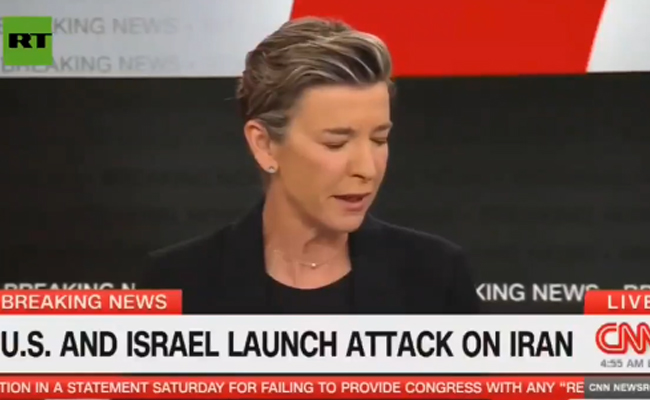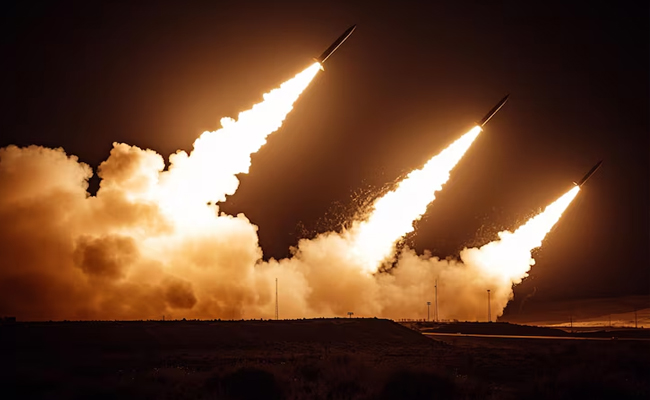Mumbai, Apr 23: Virat Kohli's continued woeful form was a sign of things to come as Royal Challengers Bangalore were literally walloped by Sunrisers Hyderabad who cantered to an easy nine-wicket victory in Saturday's one-sided IPL match here.
Kohli was once again dismissed outside the off-stump off the very first delivery he faced as RCB were shot out for a meagre 68 in just 16.1 overs. This was the sixth lowest total in the history of IPL.
The Sunrisers pace attack led by Marco Jansen (3/25 in 4 overs) and ably supported by Umran Malik (1/19 in 4 overs) and T Natarajan (3/10 in 3 overs) left the star-studded RCB line-up rattled with pace, swing and seam.
In reply, it took SRH only eight overs as Abhishek Sharma butchered an already deflated RCB attack to score 47 off 28 balls in company of Kane Williamson (16 not out).
The win also took SRH to second place with 10 points while RCB, who are still placed third, will like to forget this game as a bad dream. But one would wonder if Kohli can do the same as it's only getting worse for one of the contemporary greats in world cricket.
The problems are very real and unfortunately, one doesn't see any corrective measures in his approach as same kind of technical mistakes are being repeated again and again.
Some years back, it was James Anderson and now it is a Dushmantha Chameera and Marco Jansen, who are exposing the big chink in Kohli's armour.
There couldn't have been a quicker end to a contest as Jansen removed Faf du Plessis (5), Kohli (0) and Anuj Rawat (0) off second, third and final delivery of the second over to make it 8 for 3.
In case of Jansen, it was seam movement off the pitch with a few that were angled across, some that held its line while Natarajan got some movement in the air and Malik was unleashing his thunderbolts at upward of 150 clicks.
In between, left-arm spinner Jagadeesha Suchith (2/12) was also unrelenting as RCB never got elbow room to get some momentum going their way.
It soon became 20 for 4 when Natarajan got Glenn Maxwell (12) caught brilliantly by skipper Kane Williamson at mid-off. The other player to reach double figure was Suyash Prabhudesai (15).
But, it is Kohli's dismissal that would certainly deflate his legion of fans as his problems outside the off-stump seems to have resurfaced.
Jansen did pose problems for Kohli during the South Africa Test series few months back and again bowled the ideal Test match length, full and getting the ball to either shape in or hold its line.
In the last match against Lucknow, it was the backward point that was in operation and Kohli's propensity to jab at deliveries on off-stump channel with hard hands caused his undoing with Aiden Markram snapping it in second slip.
There was not much resistance from the other batters and once Dinesh Karthik (7) was caught down leg-side off Suchith trying to sweep, it was all over for RCB.
Once it was 47 for 6 after nine overs, the lower order looked mortally scared facing the fast and furious Umran as it seemed as if the ball was hitting the bat rather than the other way round.
Natarajan also kept up the pressure, snuffing out the wickets as veteran Bhuvneshwar Kumar wrapped up the innings.
Let the Truth be known. If you read VB and like VB, please be a VB Supporter and Help us deliver the Truth to one and all.
A live broadcast by CNN from Abu Dhabi was briefly interrupted after emergency alarm systems were activated inside the network’s office here, as tensions escalated sharply in the Middle East after US and Israel struck Iran.
Senior anchor and CNN Abu Dhabi Managing Editor Becky Anderson was on air when the alarms sounded.
Anderson informed viewers that she and her team had been instructed to seek immediate shelter in line with local emergency protocols.
“I’m Becky Anderson in Abu Dhabi with the alarms going off here suggesting we should seek immediate shelter. So we’ll do that. Our breaking news coverage continues after this short break. Stay with us,” she said before the broadcast cut.
CNN host in Abu Dhabi EVACUATES ON LIVE TELEVISION as Israel and Iran exchange fire across Middle East
— RT (@RT_com) February 28, 2026
'We'll be back after this short break' pic.twitter.com/YY5GDILBVQ
The network operates a major, state-of-the-art broadcasting and production centre in Abu Dhabi, alongside its hubs in Atlanta, London and Hong Kong.
Meanwhile, similar emergency alerts disrupted a live broadcast on Al Jazeera in Doha. National emergency warnings were heard on air, advising residents to take shelter.
During the broadcast, a presenter said the alert system had been activated following reports of an Iranian missile targeting U.S. interests in Qatar.
“This is the alarm, by the way, that we all get on our phones here in Doha when there is an urgency. And so the national emergency alert system has gone off here in Qatar. The defense ministry in Qatar announcing just a short while ago that an Iranian missile has been intercepted here in Qatar, warning citizens basically to take shelter. Apologies, there's a bit of chaos in the newsroom, as you can imagine, because this is also happening here in Qatar, our emergency systems going off here,” the presenter said.
National emergency alerts blared during a live Al Jazeera broadcast just moments before explosions were heard in Qatar’s capital, Doha. The alert came as Iranian missiles targeting US interests the country were successfully intercepted. pic.twitter.com/eT6RD8fAZT
— Al Jazeera English (@AJEnglish) February 28, 2026
The development came after Iran on Saturday attacked the UAE's Abu Dhabi and Dubai, Qatar's Doha, and Saudi Arabia's Riyadh hours after Israel and the US conducted joint strikes on Iran.





